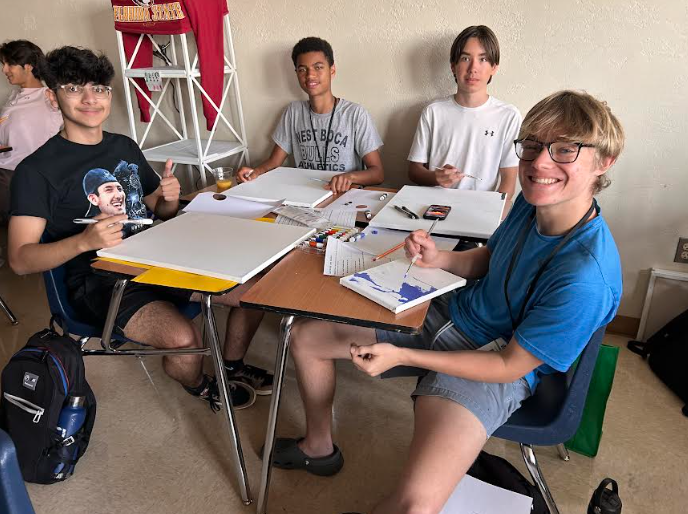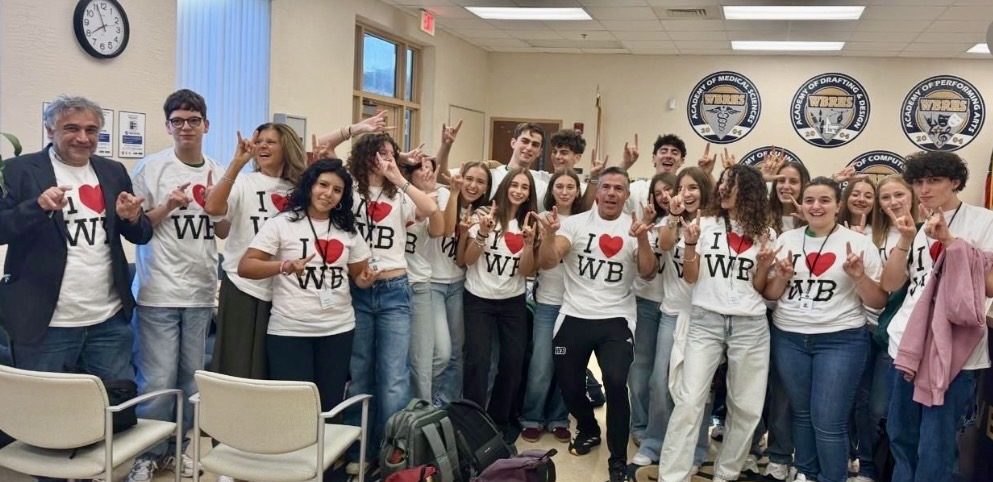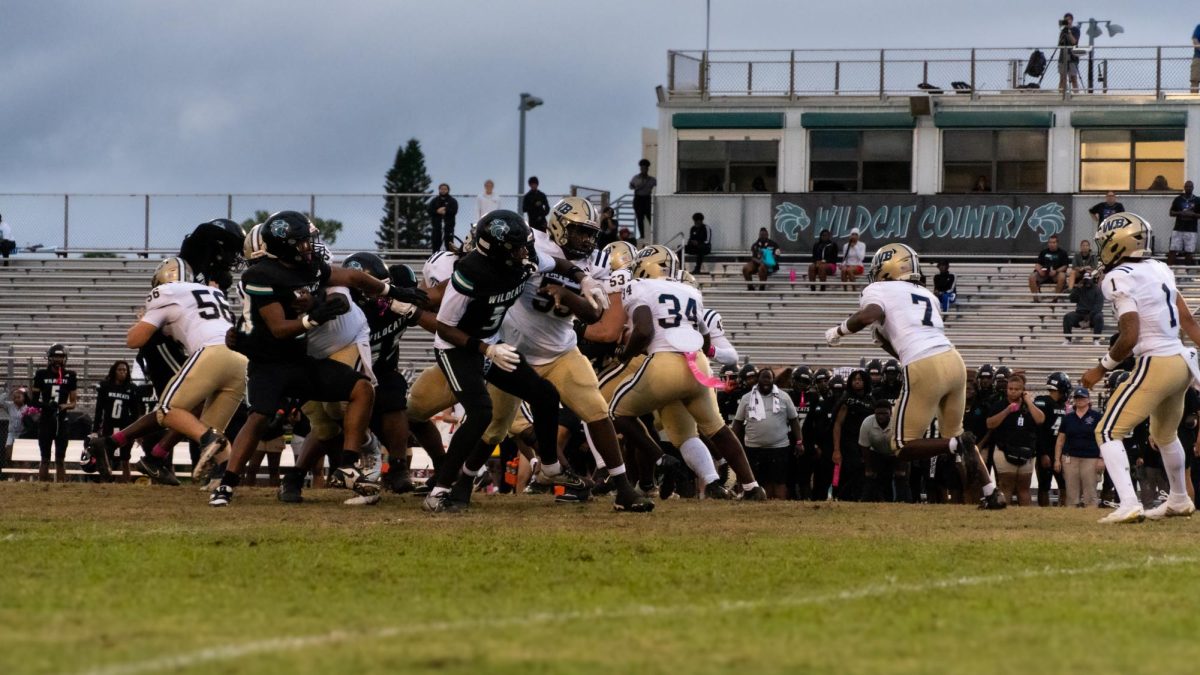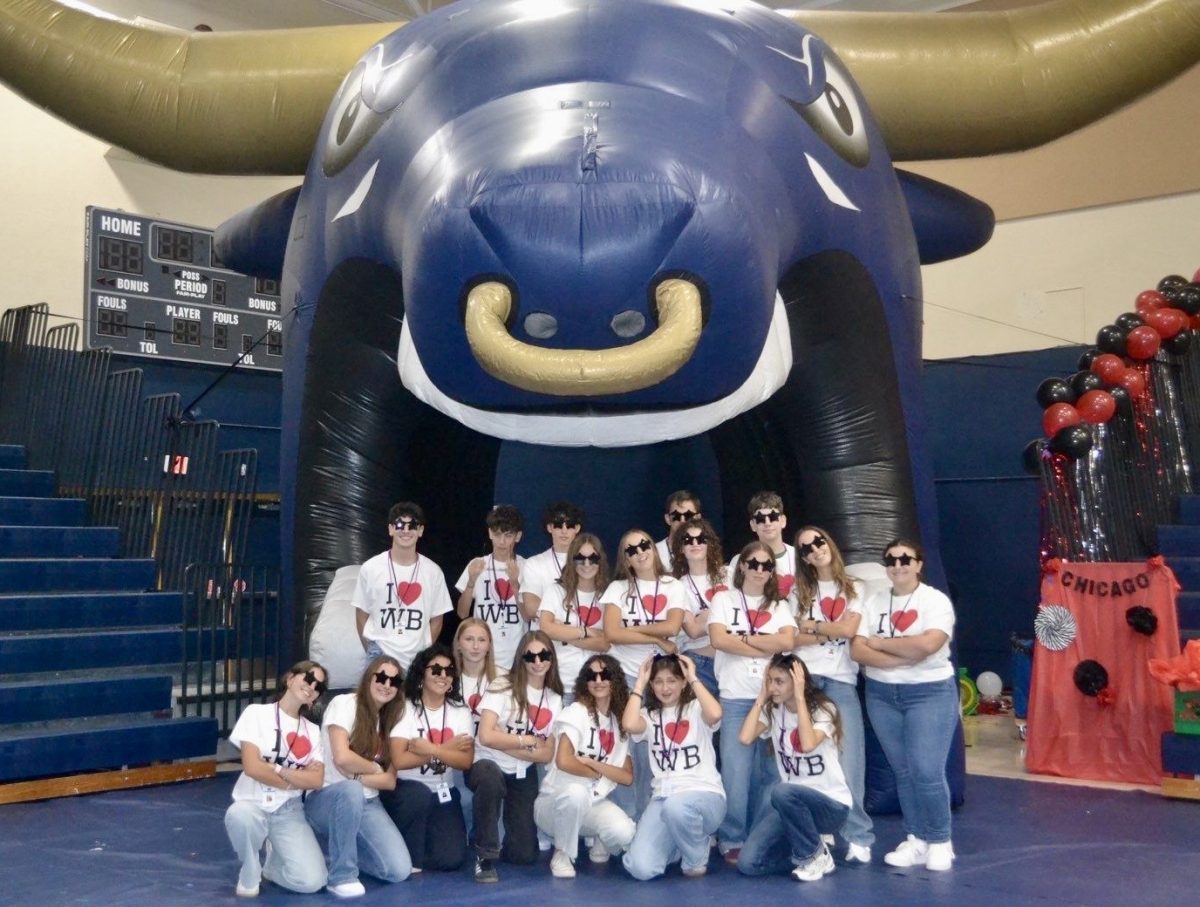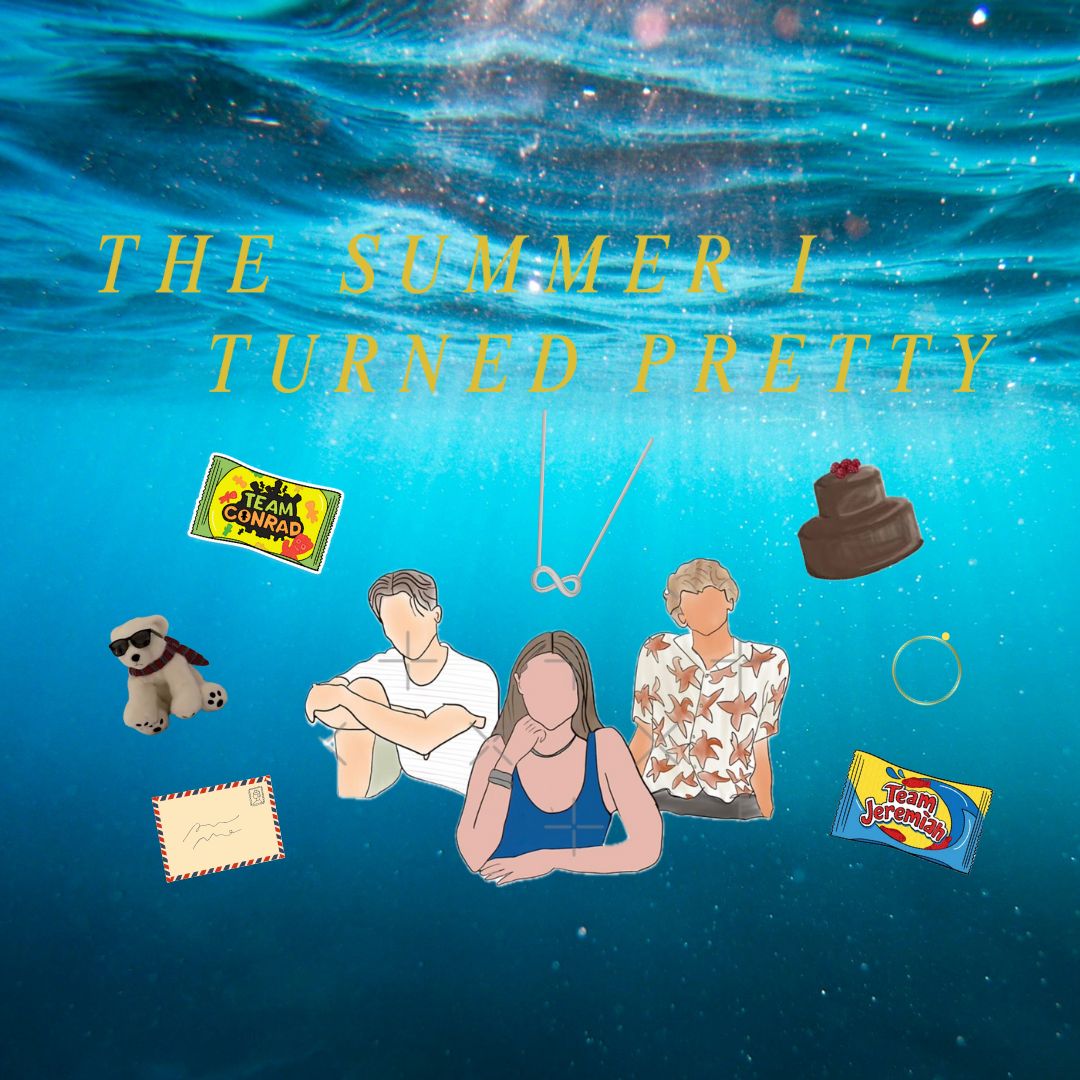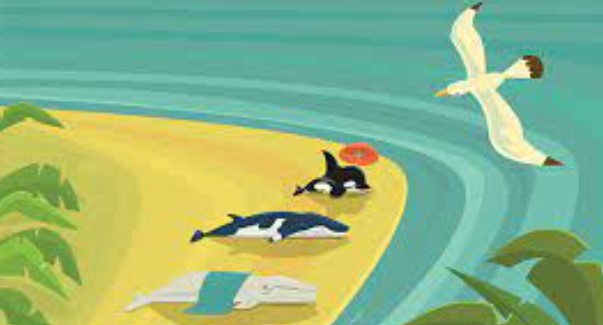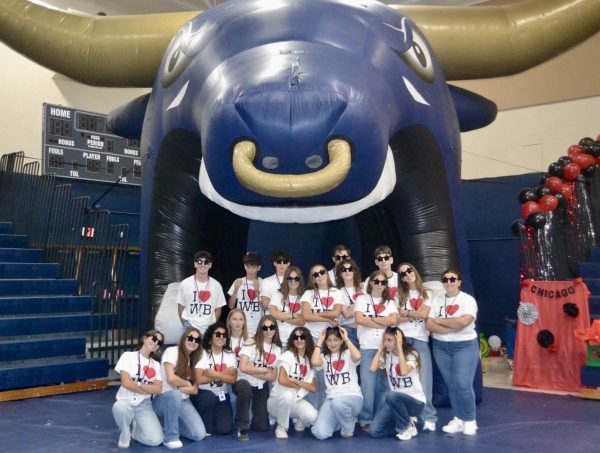Washed up Whales
February 24, 2023
Recently, there has been a huge spike in whales washing up, especially on the east coast. Whale beaching’s are pretty rare, but they do happen every so often due to natural reasons like age or disease. We could be the main cause of this increase in beached whales though.
On January 2nd, a group of young friends boating off the shore of Key Biscayne were surprised to find a 28 foot whale carcass being devoured by sharks. It is not common to see whales in this area so it was a shock to see, and this isn’t the only incident. A few days later an orca whale stranded itself on Flagler beach, and in May, two more beached in the Keys. These random beaching’s are not just a coincidence.
The two main causes of these strandings are believed to be noise pollution and boat collisions. According to Local 10 news, “Earlier this week, a humpback whale became the second in less than a month to beach itself off the coast of Atlantic City, while for the first time ever, an endangered fin whale stranded itself off the coast of Mississippi.” There has been no cause of death determined yet, but scientists are noticing a trend.
Scientists are starting to become very concerned about the amount of whale beaching’s lately. Shane Gero, a whale biologist who has been studying whales for the last two decades, says that these strandings are happening at an “unusual rate.” Gero also said “On average, there are a few 1,000 strandings worldwide. So having three in a short period of time is unusual for Florida, for sure. In the U.S., sperm whales are listed as an endangered species, so losing any individuals makes a huge difference.” Scientists have found that these beached whales are filled with tons of marine debris and plastics. If we don’t make a change soon, these whales will go extinct.
Due to pollution, we are killing an innocent species, and if we don’t look to fix things now it will be too late. We need to understand that our carelessness is killing these beautiful creatures. By reducing our pollution and following the boating speeds in the protected areas we can help save these animals.

